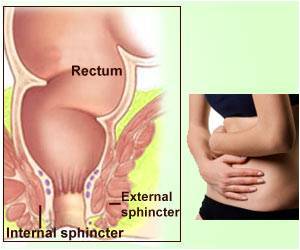Q: Which doctor should I consult for encopresis
A: You can consult your family doctor or GP who will assess your child and refer to a child specialist if needed.
Q: What is paradoxical diarrhea?
A: Paradoxical diarrhea is a term used to describe the fecal soiling or leakage that occurs in a child who is usually constipated. This happens when liquid stool leaks around the hard fecal mass.
Q: How common is encopresis?
A: Encopresis is a common condition affecting 1-3 percent of kids above 4 years of age
Q: How do I tell if my child is constipated?
A: If your child does not pass stools for three days, your child could be suffering from constipation
Q: Can encopresis be inherited?
A: Genetic factors play a part in constipation but not so in encopresis. The rate of co-occurrence of constipation in identical twins is 70%, and 18% for non-identical twins. The chances of occurrence are 26% if one parent is affected, and 46% if both parents have constipation. (Bakwin & Davidson, 1971)
Q: What are the complications of encopresis?
A: A child with encopresis may experience several feelings, including shame, anger, embarrassment and frustration. If the child is made fun of or bullied by friends or criticized and punished by parents, this may cause low self-esteem and depression.
Q: What is the prognosis of encopresis?
A: If untreated long-term outcome of both types is not good. Both constipation and fecal incontinence can persist into teens and adulthood. Therefore, encopresis has to be actively treated and patients should be monitored regularly. In case of constipation, it may be necessary to give laxatives for a prolonged period, two years or longer in some cases.












